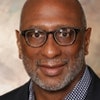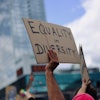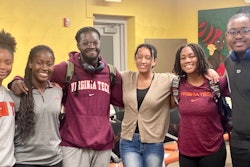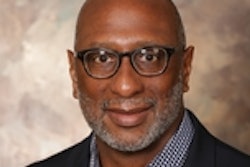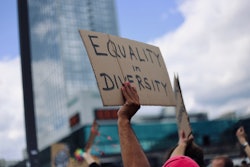Mr. and Mrs. Johnson are proud parents of third grader, Mason. He has excelled in school, academic competitions (spelling bee), and sports (particularly tennis). He has been one of the top performing students every year of his short educational experience. Lately, they have been surprised and concerned about Mason complaining about being Black, a slave, and a ‘bad boy.’ He has begun to rebel, to act out. Full of anger and embarrassment, he stormed out of class when his teacher said that slaves were good ‘workers’ who learned a trade. The distortion and the whitesplaining have been promoted and condoned by Florida Gov. Ron DeSantis. The parents just read that Black teen suicide has increased significantly in recent years. Thus, they are not only concerned about his current state of mind but how this and related experiences will affect him later. They are so worried that they are exploring homeschooling as an option; this option has increased among Black families seeking to protect themselves from miseducation and discrimination.
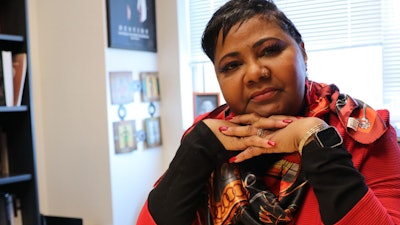 Dr. Donna Y. Ford
Dr. Donna Y. Ford
School counselors can serve as a gateway to providing all students with opportunities that will help them toward academic success, socio-emotional development, and college and career readiness. Furthermore, school counselors can help students access resources needed to achieve a well-rounded pre-K-12 school experience to be prepared for college, careers, and adulthood. The school counseling profession has to actively break down barriers and systems that exclude “certain” students and create ways in which all students get the assets needed to achieve success in school. In other words, we must decolonize school counseling and culturize the profession, specifically to address the needs of every student, regardless of race, ethnicity, zip code, etc.
In one of our previous Diverse op-eds, we discussed the need for more Black school counselors to responsively address racial trauma and racial battle fatigue in addition to providing equitable treatment with a culturally responsive approach for Black students. All school counselors must have this paradigm to engage all students. Therefore, a paradigm shift or decolonization of thinking must occur in order for counselors to be advocates — allies, accomplices, and co-conspirators — for Black students like Mason.
Einstein is reported to have stated: The world we live in is a product of our thinking. We cannot change things until we change our thinking. Accordingly, the first step for decolonizing is to change dispositions. School counselors must believe that every student deserves the right to a quality education and to have their needs met. In order for this to occur, counselors must challenge what they believe about students, especially those from urban, rural, and minoritized populations. Specifically, eradicating biases and beliefs that have traditionally served as barriers to authentic engagement with students has to be done with intention. For example, stereotypical beliefs and deficit thinking about Black males (e.g., dangerous, intellectually challenged, lazy, etc.) must be both challenged and eliminated. These biases have led to Black male low achievement and underachievement, not receiving the benefit of the doubt, inequitable suspensions, racism, and even death. Moreover, it is important that counselors empower students and families like the Johnsons to advocate for themselves, understand their rights in schools, and to be partners with them in achieving the goal of receiving an education that is engaging, equitable, and of quality.
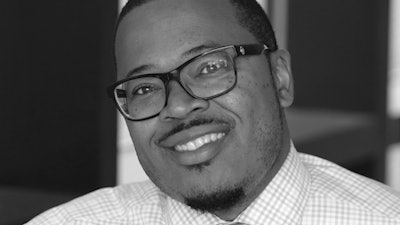 Dr. Erik M. Hines
Dr. Erik M. Hines


